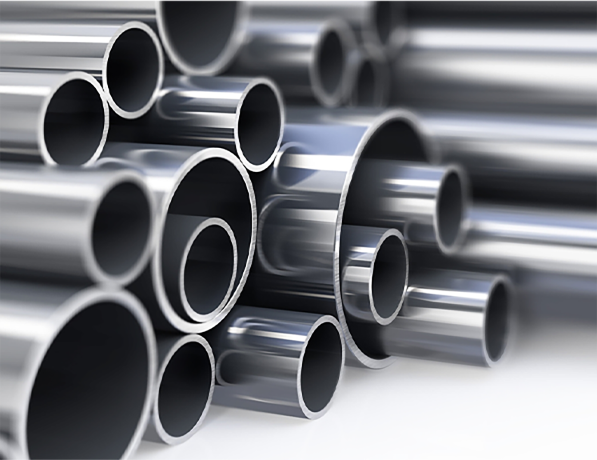
Understanding Vehicle Parts The Heart of Automotive Functionality
Vehicles, whether cars, trucks, or motorcycles, are intricate machines comprised of numerous components that work in harmony to ensure smooth operation and safety. Understanding the various vehicle parts is essential for both car enthusiasts and everyday drivers alike. In this article, we’ll explore the key functions of vital vehicle parts, their significance, and how they contribute to the overall performance of a vehicle.
1. Engine
The engine is often regarded as the heart of a vehicle. It converts fuel into mechanical energy, providing the power needed to move the vehicle. Different types of engines include internal combustion engines, electric motors, and hybrid systems. Each type has its advantages and complexities, but all play a crucial role in determining a vehicle's performance, fuel efficiency, and emissions. Regular maintenance of components such as spark plugs, oil filters, and fuel injectors is vital to keep the engine operating smoothly.
2. Transmission
The transmission is a crucial part of the vehicle's drivetrain, responsible for shifting gears and transferring power from the engine to the wheels. It essentially regulates the vehicle's speed and torque. There are two primary types of transmissions manual and automatic. Manual transmissions give drivers more control over gear selection, while automatics provide ease of use and convenience. Understanding how the transmission works can enhance driving skills and provide insights into maintenance needs.
3. Brakes
Safety is paramount when it comes to vehicles, and the braking system is one of the most critical components to consider. The brake system consists of several parts, including brake pads, rotors, and calipers. When the driver applies pressure to the brake pedal, hydraulic fluid is activated, causing friction between the brake pads and rotors, which slows down or stops the vehicle. Regular inspections and timely replacement of worn-out brake pads are essential for ensuring the safety of passengers and pedestrians.
4. Suspension System

The suspension system connects the vehicle's body to its wheels, providing stability and comfort while driving. It absorbs shocks from the road and maintains tire contact for better control and handling. Key components of the suspension system include shocks, struts, springs, and control arms. A well-functioning suspension system improves ride quality, handling, and responsiveness. Drivers should be aware of signs of suspension wear such as uneven tire wear or difficulty steering.
5. Electrical System
Modern vehicles are equipped with sophisticated electrical systems that manage everything from powering the engine to controlling infotainment features. Key components include the battery, alternator, and starter. The battery provides energy to start the engine and power accessories when the engine is off. The alternator recharges the battery while the engine runs. A faulty electrical system can lead to a range of issues, from starting difficulties to malfunctioning lights and gadgets.
6. Cooling System
The cooling system is vital for regulating the engine's temperature. It prevents the engine from overheating and maintains optimal operating temperature for efficiency and performance. Major components include the radiator, water pump, thermostat, and coolant. Regular checks and maintenance of the cooling system can prevent costly repairs and overheating issues that could lead to engine damage.
7. Exhaust System
The exhaust system plays a key role in controlling emissions and reducing engine noise. It directs exhaust gases away from the engine and minimizes harmful pollutants released into the atmosphere. Components such as the catalytic converter, muffler, and exhaust pipes are integral to this system's function. A well-maintained exhaust system not only adheres to environmental regulations but also enhances the vehicle's performance.
Conclusion
Understanding the various vehicle parts and their functions is essential for anyone who owns or drives a vehicle. Regular maintenance and awareness of these components can lead to enhanced performance, safety, and longevity of the vehicle. Whether you are tinkering with engines, haning out in the driveway, or just driving to work, knowledge of automotive parts empowers you to make informed decisions regarding vehicle upkeep and repairs. Embrace the complexities of your vehicle and appreciate the engineering marvel that ensures a safer and more efficient driving experience.